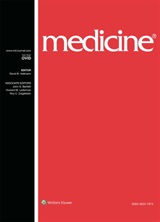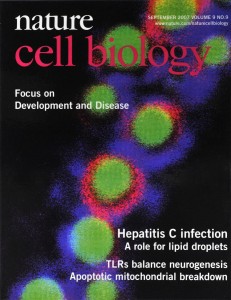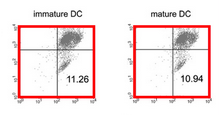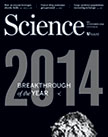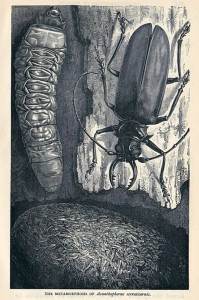 A paper arguing that HIV does not cause AIDS has been retracted a few weeks after Jeffrey Beall, who tracks predatory publishers, called attention to it on his blog.
A paper arguing that HIV does not cause AIDS has been retracted a few weeks after Jeffrey Beall, who tracks predatory publishers, called attention to it on his blog.
Here’s what Beall wrote about the paper on December 16:
The article is entitled “Basic Principles Underlying Human Physiology” [1], and you don’t have to be a scientist to know that it’s junk, for it is a manifestation of AIDS denialism. The conclusion’s first paragraph says,
HIV is not etiologically involved in AIDS. It is just a common retrovirus found in AIDS conjuncturally. There is only AIDS that may not be strictly associated neither to a primary immune deficiency nor to an acquired immune deficiency. Actually, heart failure represents the causal factor of AIDS and many other “primary” immune deficiencies (p. 1821).
Now, in that article’s place, this retraction, dated December 19, appears: Continue reading AIDS denialism paper retracted after Jeffrey Beall draws attention to it
